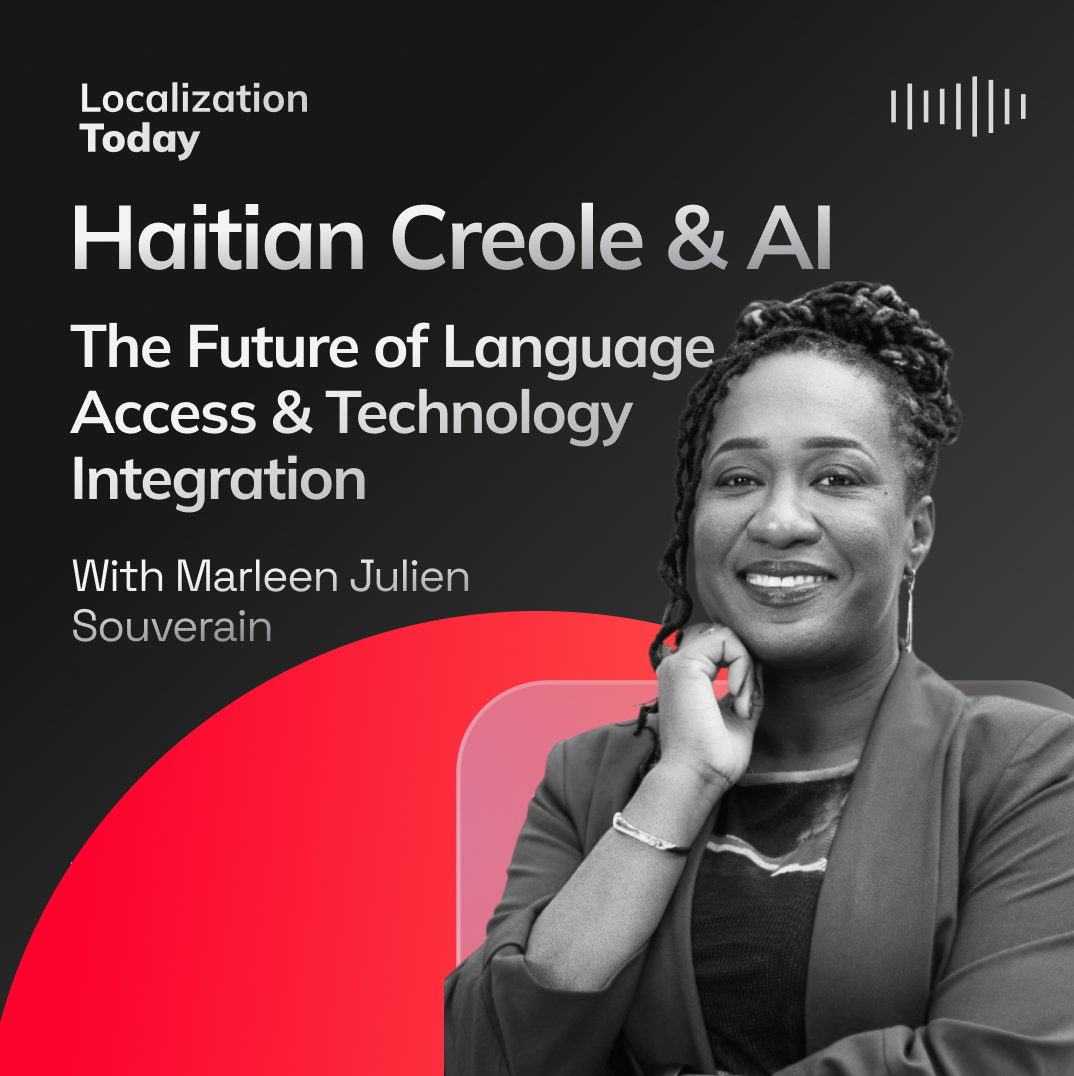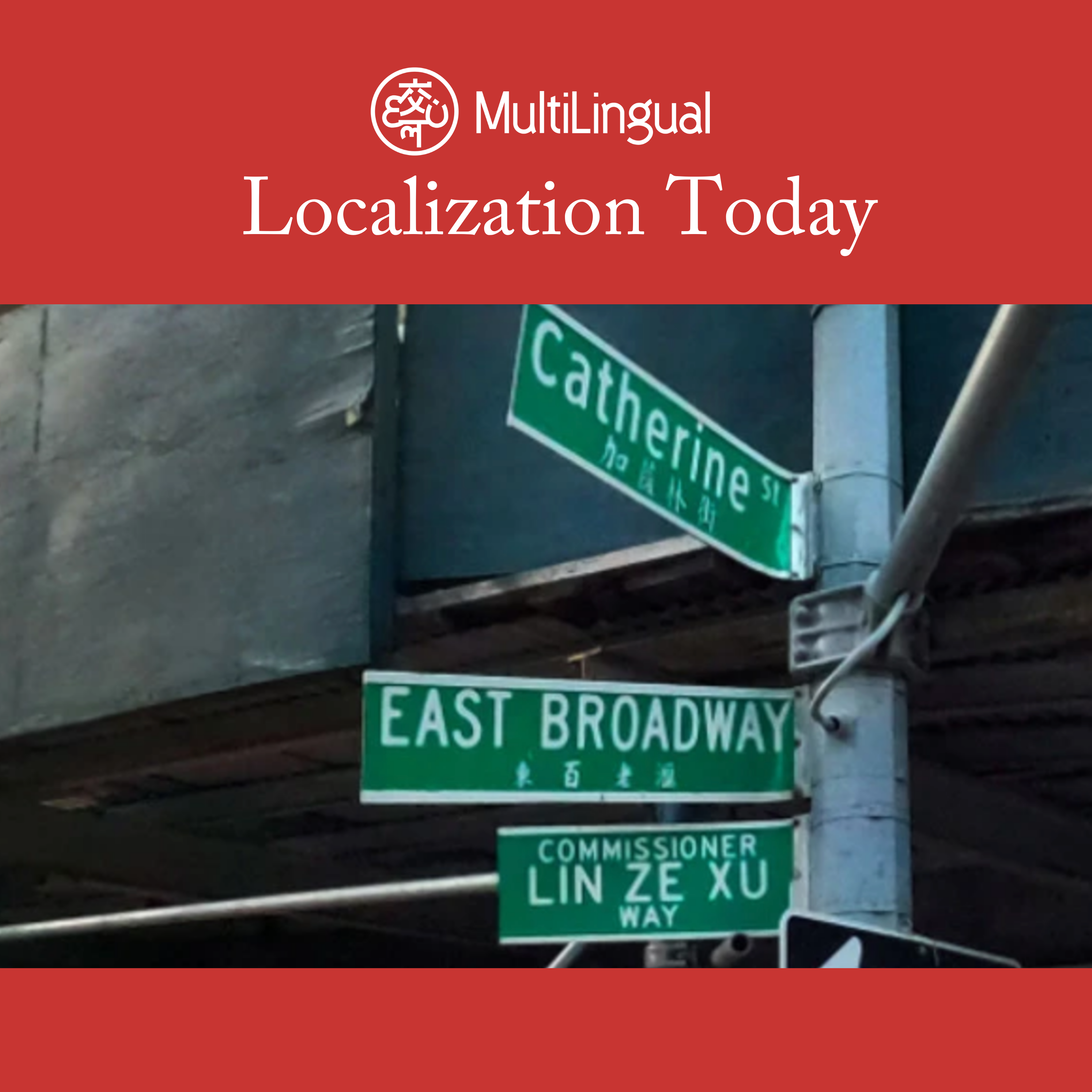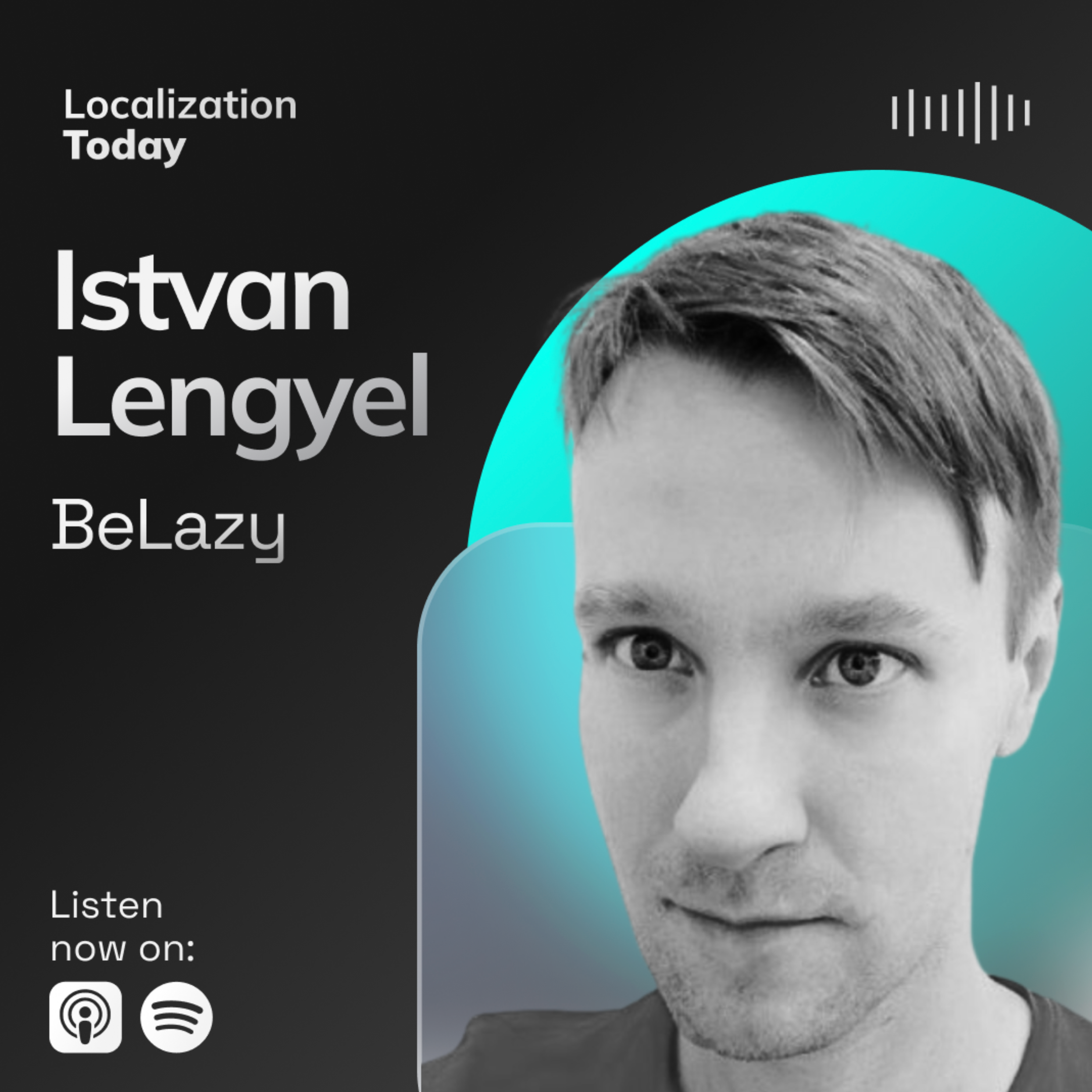Episode Transcript
[00:00:00] Successfully implementing ECONSENT for Multilingual Clinical Trials by Melissa May the increasing adoption of ECONSENT is revolutionizing clinical trials, offering greater convenience and transparency and improving patient compliance. But for trials involving linguistically and culturally diverse patient populations, successful implementation goes far beyond simply digitizing consent forms. Challenges Regulatory complexities across different markets Patient comprehension, especially across different languages Data security and compliance risks related to regulations such as General Data Protection Regulation, gdpr, and the Health Insurance Portability and Accountability Act.
[00:00:44] Cultural adaptation and localization issues Failing to address these challenges can cause all sorts of problems, impacting patient enrollment, threatening trial success, and increasing the risk of non compliance. Contract research organizations, cross and sponsors face many challenges when executing clinical trials effectively and expertly. Adapting econsent materials to suit patients is an invaluable way to ensure the best possible outcomes. So how can sponsors and CROs ensure that econsent works across global markets? Key considerations for a successful ECONSENT strategy Regulatory compliance different agencies such as the U.S. food and Drug Administration and the European Medicines Agency have their own regulatory standards and their own requirements for digital consent. Failure to comply with these requirements can delay trials or even result in rejection. To avoid these issues, it is best to ensure language and format align with institutional review board, irb, and Ethics committee guidelines. All legally required elements of informed consent are included. Study staff are involved to explain consent to participants.
[00:01:57] User experience Enhancing patient accessibility Econsent interfaces should be intuitive and accessible to ensure that all patients, regardless of education level, language, culture, or digital literacy, can fully understand what they are consenting to. Complex information can confuse patients, so use simplified language to improve understanding. Too much information can be overwhelming, so it's important to break down complex information into digestible segments. Where possible, make the most of multimedia tools such as videos or infographics to display information in more engaging and easy to understand ways.
[00:02:37] Data security and patient privacy Keeping ECONSENT compliant Protect sensitive participant information through robust cybersecurity measures and compliance with data protection regulations such as GDPR or hipaa. To ensure data safety and security, choose an ECONSENT solution that Access Control Restrictions on who can access the data Authentication Verification of the identity of users Encryption Protecting data by making it unreadable to unauthorized individuals A chain of custody to maintain accountability Adapting consent for multicultural patients Consider regional and cultural differences that could affect how consent is perceived and understood. Tailoring content accordingly Certain terms, images, or concepts might not resonate across cultures, affecting patient trust and willingness to enroll. Adapt messaging to reflect local healthcare practices and legal terminology.
[00:03:41] Avoid culturally sensitive content that might cause confusion or reluctance Ensure that terminology aligns with local medical standards.
[00:03:51] Technical support Ensure that adequate technical support is available.
[00:03:56] Issues with software or hardware can hinder the consent process, leading to frustration for participants and staff.
[00:04:03] Partner with reliable technology providers and ensure robust testing of the ECONSENT platform before implementation.
[00:04:10] Provide immediate technical support to resolve issues as they arise. Why Partner with a life sciences localization expert for econsent success?
[00:04:20] Implementing ECONSENT in multilingual global clinical trials requires a strategic approach, one that combines regulatory expertise, linguistic accuracy, and digital optimization.
[00:04:32] Localization specialists with life sciences expertise offer solutions that can enhance the econsent process in several ways. Multilingual translation and localization services ensure that ECONSENT materials are accessible in multiple languages, culturally relevant, and easily understandable for diverse participant populations. User friendly content creation these experts create simplified, engaging, and user friendly content for ECONSENT platforms, including infographics and multimedia resources that effectively communicate essential information.
[00:05:06] Regulatory compliance Providers that have a bank of expertise in medical translations are also able to ensure that consent documents meet regulatory standards across different regions, thus supporting compliance and maintaining data integrity. Technical documentation Clear and concise technical documentation can be written by specialists to aid in developing and implementing econsent platforms, ensuring that both participants and site staff have the necessary resources for smooth operation.
[00:05:36] Training Some providers can create specialist training materials for both participants and site staff on the use of the econsent platform, addressing common issues and tailoring content based on audience needs. Conclusion Localization expertise key to econsent success ECONSENT represents a significant advancement, streamlining the consent process and enhancing participant engagement. By addressing key considerations, overcoming common challenges, and leveraging the support services available through a specialist partnership, clinical trial sponsors can effectively implement econsent solutions.
[00:06:14] Overall, this leads to improving participant understanding and compliance, which goes a long way to help deliver more successful trial outcomes. This article was written by Melissa May, a subject matter expert in life sciences at Ecolat, specializing in clinical and biopharma. With 19 years of experience in the language services industry, she has focused on ensuring compliance, accuracy, and accessibility in global clinical trials. Originally published in Multilingual Magazine, Issue 238, March2025.


